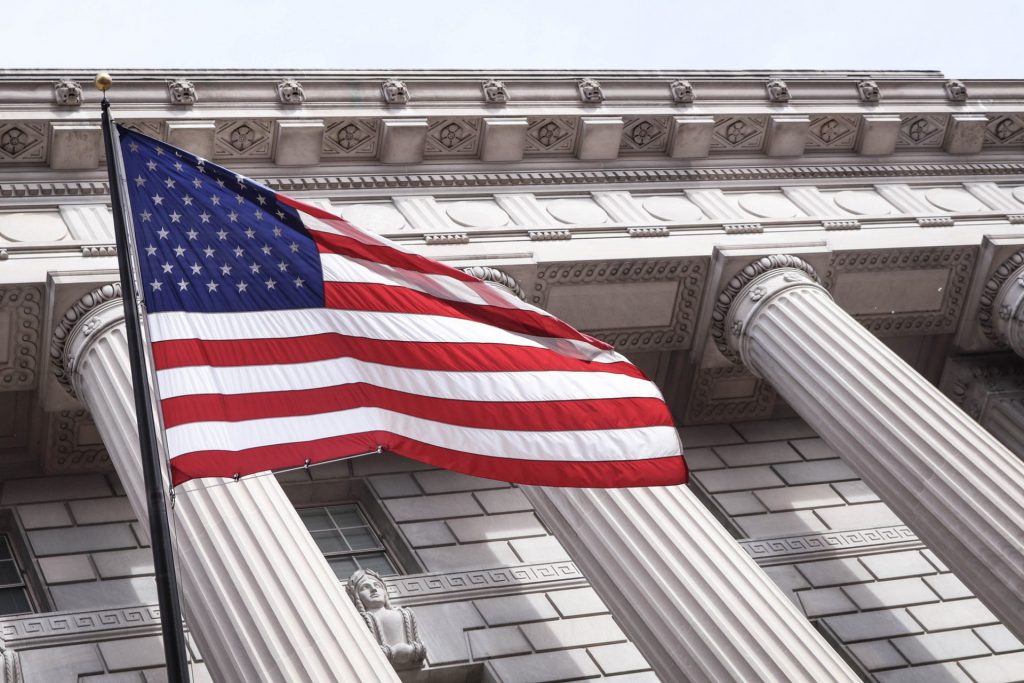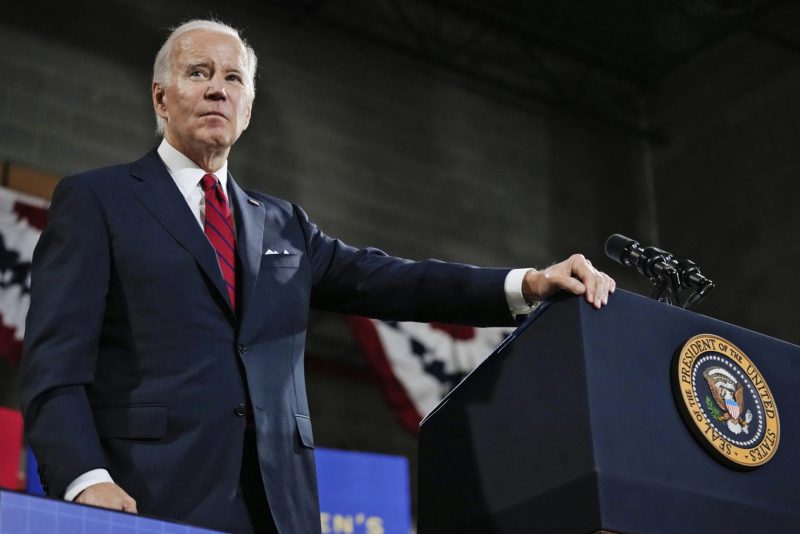The US Supreme Court officially rejected President Biden’s Studen loan debt forgiveness plan today. Indeed, the court ruled to reject the debt cancellation plan that would eliminate $430 billion in student loan debt. Moreover, concerns had previously been raised as to whether or not the plan was legal.
The student loan debt cancellation initiative introduced by Biden would have eliminated up to $20,000 of student debt for tens of millions of Americans. The plan had been introduced in 2022, using the COVID-19 pandemic as the reasoning behind its necessity. However, the highest court in the country has now struck down the plan.
Also Read: US Supreme Court to Allow $6 Billion in Student Loan Debt to be Cancelled
Supreme Court Rejects Biden Student Debt Plan
It has been a consistent aspect of Joe Biden’s presidency over the last two years. Specifically, millions of Americans with student debt had not seen the president work to forgive them yet. Now, after a discussion over whether such a plan had legal standing, the highest court in the US has made its ruling.
Indeed, CNBC reported that the Supreme Court rejected Biden’s Student loan debt forgiveness plan in a vital ruling today. The plan would have given millions of Americans the chance to have up to $20,000 in student debt forgiven by certain creditors. However, the court opted to strike down the $430 billion plan.


Since its introduction, the plan has been consistently blocked due to various federal actions. Court injunctions and arguments over the legality of the plan persisted. Nevertheless, both sides knew that the Supreme Court would likely be the setting for the final argument regarding its potential approval.
Also Read: Federal Appeals Court Blocks Biden Student Debt Relief Plan
The high court had long been expected to reject the plan. Alternatively, as it has become a divisive political issue, many pointed to the presence of six conservatives on the bench as a reason why it likely didn’t have a chance. Yet, consistent arguments over its legal threshold and precedents can now end with the final ruling.





